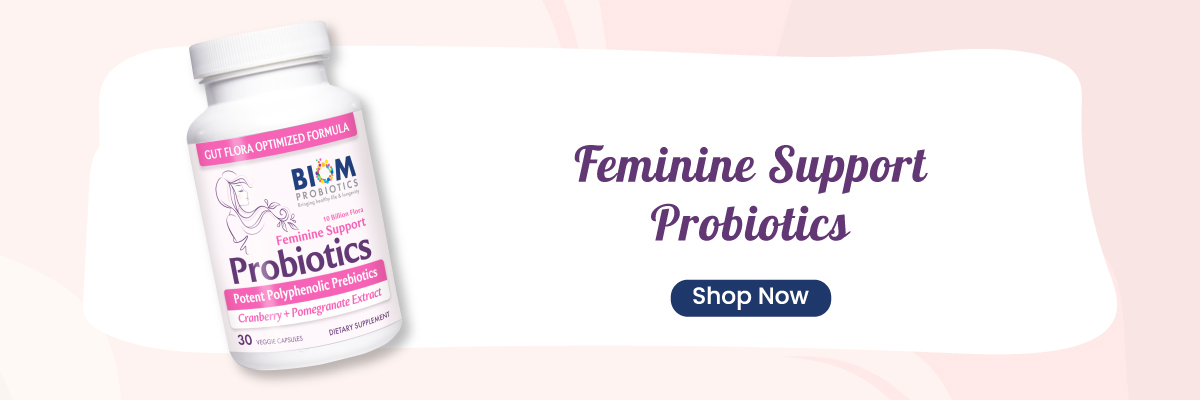In the realm of wellness, the spotlight on gut health has illuminated the role of probiotics as champions for a thriving microbiome. A question frequently pondered is: At what age can someone start taking probiotics? Let’s explore this topic, unraveling the considerations for introducing these beneficial bacteria into various stages of life.
- Infancy and Early Childhood: The journey of gut health often begins in infancy. Probiotics can be introduced to infants, especially those born via cesarean section or formula-fed, to support the development of a healthy microbiome. Always consult with a pediatrician before incorporating probiotics for infants.
- Toddlerhood and Beyond: As children transition to solid foods and encounter new environmental factors, probiotics can play a role in supporting their developing immune and digestive systems. Again, consulting with a healthcare professional is essential to ensure the choice of probiotics aligns with a child’s specific needs.
- Adolescence: The teenage years bring their own set of challenges, including hormonal changes and potential stressors. Probiotics can contribute to a balanced gut microbiome during this period. Introducing fermented foods like yogurt and kefir or considering probiotic supplements may be beneficial.
- Adulthood: Probiotics continue to be valuable throughout adulthood, supporting gut health, immune function, and overall well-being. Factors such as diet, stress, and antibiotic use can impact the gut microbiome, making probiotics a valuable addition to maintaining balance.
- Pregnancy and Breastfeeding: Expectant mothers can consider probiotics to support their gut health during pregnancy. Additionally, introducing probiotics during breastfeeding may contribute to the establishment of a healthy gut microbiome in infants.
- Golden Years: As individuals age, changes in the gut microbiome may occur. Probiotics can be beneficial for older adults to support digestive health and immune function. However, considerations for individual health conditions and medications should be taken into account.
The age at which someone can start taking probiotics varies, and it’s never too early or too late to prioritize gut health. While probiotics are generally considered safe for all ages, individual needs and considerations should guide their introduction. Always consult with healthcare professionals, especially for infants, children, pregnant women, and individuals with underlying health conditions. By embracing a holistic approach to gut health at every stage of life, you can cultivate a resilient and balanced microbiome, laying the foundation for overall well-being.





